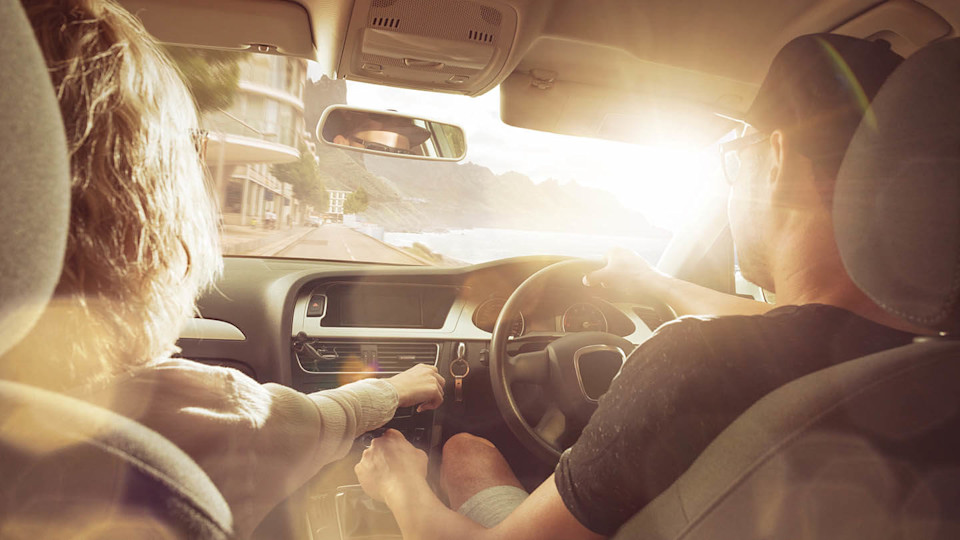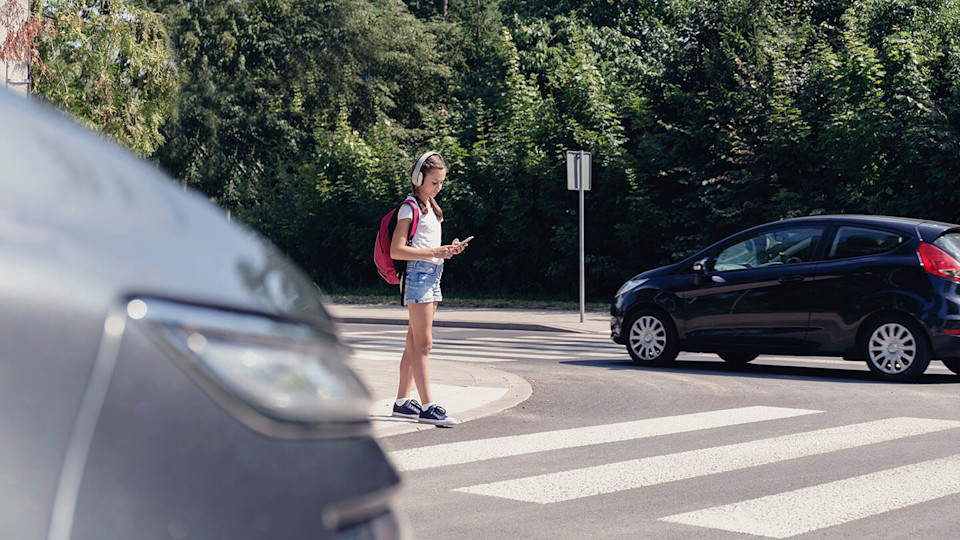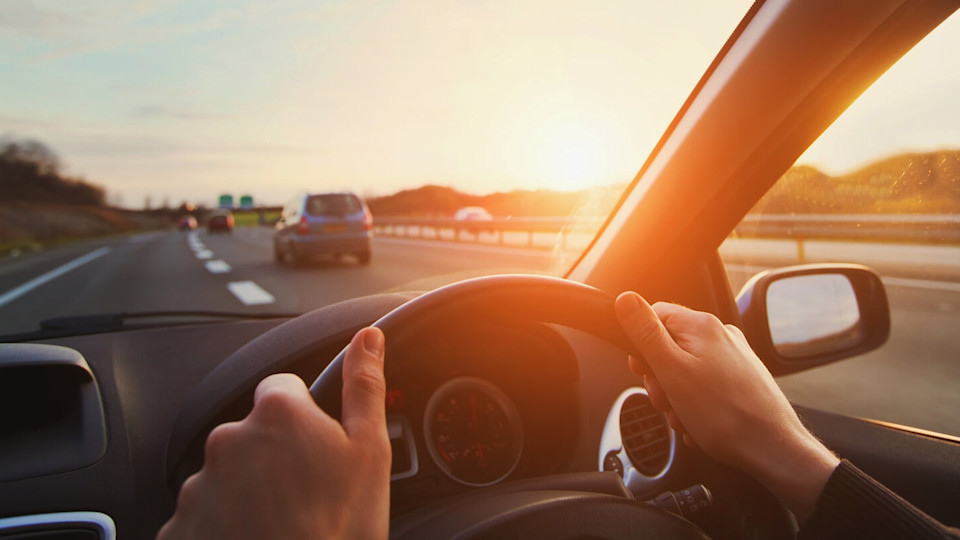
Personal injury
What to do after a road collision with an untraceable or uninsured driver
If you are involved in an accident caused by uninsured driver, it can make your next steps complicated. Our experts offer advice on what to do.
A survey we conducted revealed over 80% had filed an insurance claim for a road traffic collision they were involved in. This highlights the critical role insurance plays in helping drivers navigate the aftermath of a collision.
An accident caused by an uninsured driver can create confusion over next steps, so it is vital to know what to do in this position.
Is driving uninsured illegal?
Car insurance has been a legal requirement in the UK since the introduction of the Road Traffic Act in 1930. This ensures all vehicle owners and drivers are insured for their liability in cases where third parties suffer injury or death on public roads. Beyond protecting third parties, mandatory insurance also provides financial security for drivers, covering costs related to collisions, vehicle damage, or theft. Without it, drivers could face significant financial and legal consequences.
These legal requirements not only offer protection but also provide clear guidance on the steps to take after a collision. Filing a claim, reporting the incident to the authorities, and exchanging information with the other party are all part of the process. However, complications can arise if the responsible party fails to comply with these legal obligations. For example, if the accident is caused by an uninsured driver, who cannot be traced, it can create significant hurdles in securing compensation. Understanding these processes and the protections available is crucial for anyone involved in a road traffic collision, as it can make a stressful situation more manageable and ensure fair compensation.
What to do after a non-insured driver accident
After a collision, you should stop and remain at the scene for as long as necessary. After exchanging details with all parties necessary, where no injuries have occurred to people or animals, you are free to go on your way if your vehicle is in a safe condition.
In situations where the other party in a collision is not insured, they may be less willing to exchange information, even if they do stop their vehicle.
In the event of any collision, you should aim to gather as much information as possible at the scene. This includes:
- Take pictures: Take pictures of the collision and any damage to vehicles
- Take details: If the other party does not provide any information, try to take note of a physical description of the person and their vehicle. This includes make, model, colour, and number plate.
- Witnesses: Ask for the contact details of anyone who witnessed the collision
- Inform the police and your insurance: Tell them about the collision and let them know the driver is uninsured or untraceable.
Can you claim compensation after an accident caused by an uninsured driver?
The Motor Insurer’s Bureau (MIB) is a government-backed organisation established in 1946 to help provide victims of hit and run collisions with a means to claim compensation for the damage and suffering caused by uninsured or untraceable drivers. The MIB has an uninsured and untraced driver’s agreement which enables people involved in collisions under these circumstances to claim compensation against the liable party. The two agreements are:
- The Untraced Drivers’ Agreement enables people who have been injured by being in a collision with an unidentified driver to claim compensation for their injuries.
- The Uninsured Drivers’ Agreement enables people injured due to being in a collision with an uninsured driver to claim compensation for their injuries and uninsured losses.
Claims made to the MIB are funded by way of a levy placed on motor insurance premiums, which is paid to the MIB by all motor insurance companies operating in the UK.
We are here to help
If you or a loved one have been involved in a road traffic collision, whether as a driver, passenger, or pedestrian, it can be a life changing event. Our legal experts can help you get the rehabilitation, compensation, and the support you need following a road traffic collision. Contact us today.



